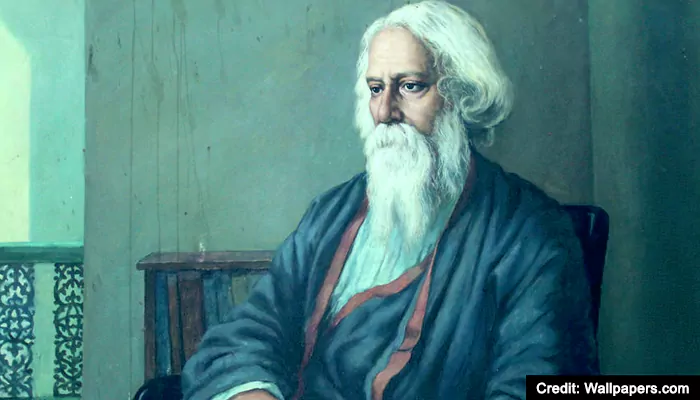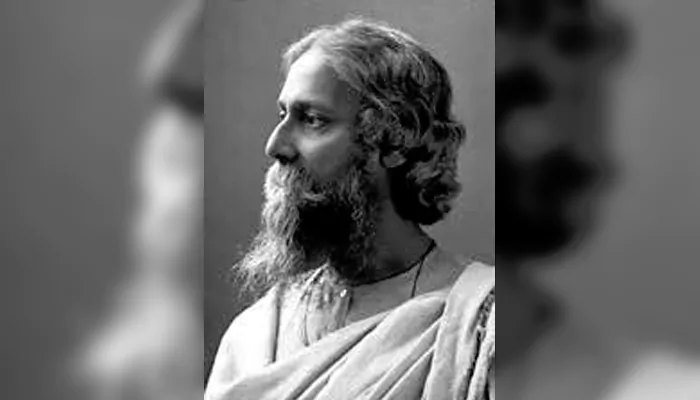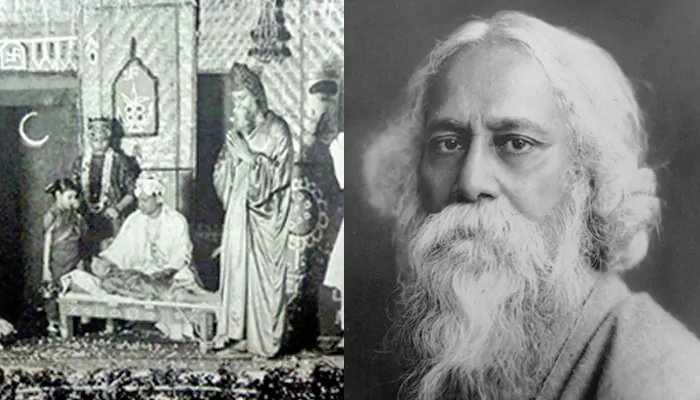Mother Teresa Remembered: How One Woman’s Faith Changed the Face of Humanitarian Work
- Sanchari Das
- 4 months ago
- 4 minutes read

How one woman turned small acts of kindness into a global mission of humanity
When we think of figures who transformed compassion into action, Mother Teresa stands apart. Born Agnes Gonxha Bojaxhiu in 1910 in Skopje, she was an ordinary girl with extraordinary conviction. At eighteen, she joined the Sisters of Loreto and came to India. What began as a quiet life of teaching in Kolkata soon turned into a journey that reshaped the meaning of service. A single train ride in 1946, during which she felt called to serve “the poorest of the poor,” set the direction of her destiny.
The Missionaries of Charity
In 1950, she founded the Missionaries of Charity, an order devoted to selfless care. The sisters wore simple white saris with blue borders, a symbol of humility and a sense of belonging. They ran homes for the dying, orphanages, and schools for those who had nowhere else to turn. Their work was not glamorous. It was hands that bathed wounds, voices that comforted the abandoned, and hearts that stood still beside those facing their final moments. The mission grew from a single home in Kolkata to a worldwide network of love and service.

Love in Action
Mother Teresa often said, “Not all of us can do great things. But we can do small things with great love.” Her work was proof of that belief. She did not seek recognition or wealth. What mattered was presence — the simple act of being with those whom the world overlooked. In her homes, the forgotten were given dignity, and the neglected found a hand to hold. Through every small gesture, she built a foundation of care that continues to inspire volunteers worldwide.

Global Recognition
Her commitment did not go unnoticed. In 1979, she received the Nobel Peace Prize, one of many honours bestowed upon her. Yet, when praised, she would always deflect the attention back to her mission. Awards and ceremonies never defined her; they were platforms through which she reminded the world of its duty to the suffering. For her, each recognition was not about her own greatness but about amplifying the cries of those in need.
Struggles of the Spirit
Though she embodied strength and faith publicly, Mother Teresa carried private struggles. Her letters later revealed long periods of spiritual darkness, where she felt distant from God. Yet, she continued her work without faltering. This vulnerability makes her story even more human. To serve so faithfully, even when one feels abandoned, is perhaps the truest form of courage. It is this honesty that makes her legacy resonate more deeply than a flawless tale ever could.

A Legacy That Lives On
Mother Teresa passed away in 1997, but her presence is still felt in every corner where compassion thrives. The Missionaries of Charity continue their work in over 100 countries, serving the hungry, the sick, and the marginalized. In 2016, the Catholic Church canonized her as Saint Teresa of Calcutta, sealing her place as a spiritual guide for generations. But beyond titles and honours, her true legacy is found in the countless lives touched by her unwavering belief in love.

The Light She Left Behind
In a world often marked by indifference, Mother Teresa’s life serves as a poignant reminder of what one person’s faith can accomplish. Her story is not one of grand miracles, but of small mercies, repeated endlessly with devotion. She believed love had the power to heal the deepest wounds and restore the dignity of the most forgotten souls. Today, her footsteps continue to echo through the hands of those who serve, proving that her light has not dimmed — it has simply been passed on.












